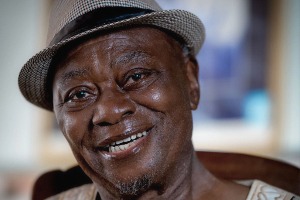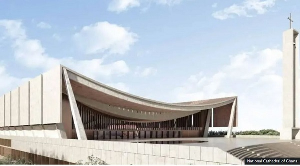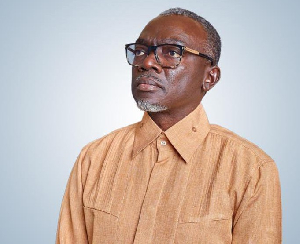Airlines are expected to lose an average of US$300,000 per minute for the second half of the year, as the impact of the COVID-19 pandemic lingers.
Alexandre de Juniac, the International Air Transport Association (IATA) Director General and CEO noted that the expected loss in the second quarter for an industry hugely impacted by the current pandemic is US$77 billion.
“We are burning through cash because we cannot cut costs fast enough to make up for the impact of not being able to do business. Borders for the most part remain closed.
“We believe that there is a solution. As we have spoken about in these briefings for the past few weeks, we continue to push for systematic testing for COVID-19 prior to departure. We believe that should give governments the confidence to re-open borders. We are advocating for that with governments, the health authorities, WHO and through ICAO,” he said.
He warned that the crisis is growing longer and deeper than anybody could have imagined.
“The months ahead are traditionally the weakest for airlines. Normally they survive on the cash cushion from the busy peak travel period in July and August. We did not get that boost this year. Airlines did receive $160 billion in support from governments. That was a lifeline. We would have seen many more bankruptcies and job losses without it. Now, most of those programs are ending. So it is time to ask governments to take extra measures to replace or extend them into the longer term. The potential for failures and job losses in the coming months is enormous.”
Airlines are not the only affected segment in the travel value chain. Airport management companies such as the Ghana Airports Company Limited (GACL) and air navigation service partners are also struggling.
“We know that our airport are suffering from the same lack of demand that airlines do. And increasing their unit charges—passing the costs to other part of the value chain—to cover the gap is not an option.
“At the end of the value chain are consumers and they are price sensitive. Already two thirds of travelers say that they will postpone travel until their personal financial situation stabilizes. Anything that makes travel more expensive in this environment will only delay the recovery and put jobs at risk,” he added.
Business News of Wednesday, 14 October 2020
Source: iata.org

















